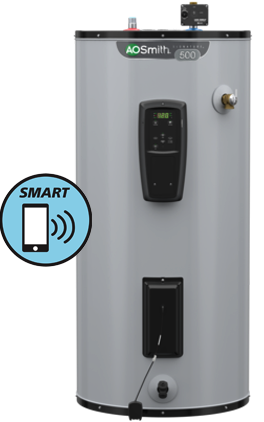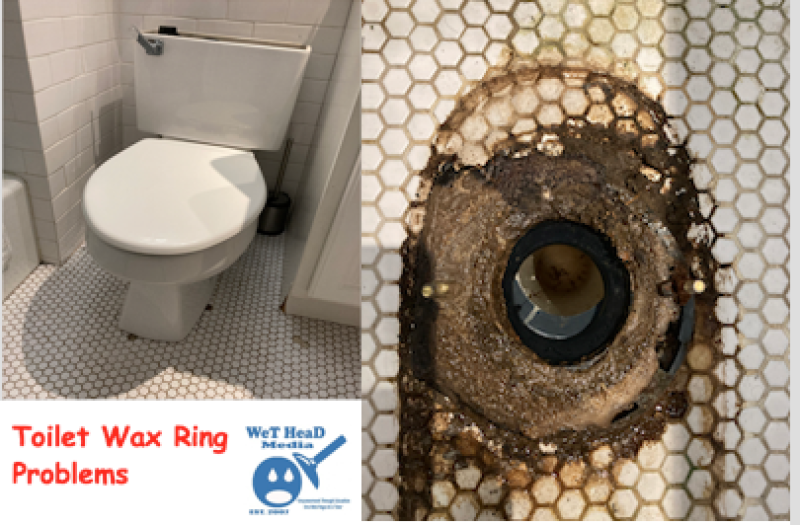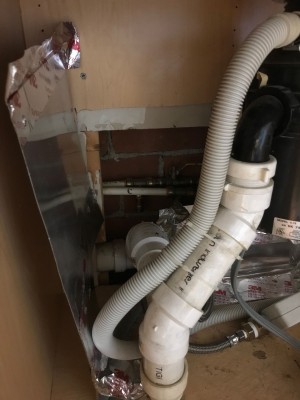Vented vs. Unvented: Maintenance Tips For Your Gas Wall Furnace Filter
In the winter months, the most important appliance in the home is the furnace. The problem with this is that most folks don’t know much about them. For many older homes, furnaces look similar to a space relic – something from the cold war era.
Most folks can change their thermostat setting and enjoy the warmth the furnace can provide. Still, these boxes are very sophisticated that can release heat so that you stay warm all winter long. This is true as well of small gas wall furnaces that are used as an addition of the home’s primary furnace. Despite their small size, they have a big purpose. However, they’re often not taken care of properly. Just like the main furnace, the filters of these furnaces must be looked at often.
Two Gas Wall Furnace Versions To Choose From
Now, gas wall furnaces are usually another entity all themselves; installed into the wall. There are two versions of gas wall furnaces:
– Vented
– Unvented
When the gas wall furnace is vented, it allow for a fresh air return. This reduces the possibility of carbon monoxide filtering into the room. Unvented furnaces of the past were susceptible to this issue. However, the newer models are much safer.
Gas wall furnaces need a gas source that must be filled into the heater. Typically, there is no gas connection coming to these units from the home’s primary furnace. However, if the unit uses natural gas, a gas line must be connected directly to device. Propane gas heaters will generally use a tank that can be detached, filled up and reattached whenever needed.
Clean Your Gas Wall Furnace Properly
Regardless of what kind of wall furnace you have, it must be cleaned on a yearly basis. Before you start cleaning your gas wall furnace, be sure that the unit is turned off. Once you do that, open the service panel to gain access to the vent and where the filter is at. The filter is typically a square frame with a messy material inside.
Thoroughly clean the filter so your machine operates efficiently and release pure air. Use a non-toxic cleaning solution and rag to adequately clean the filter. Before you put the filter bag, use an air dryer to deep clean it. When this is done, replace the filter and service panel. Test your heater to ensure it’s working properly, and not before the cold weather hits.



